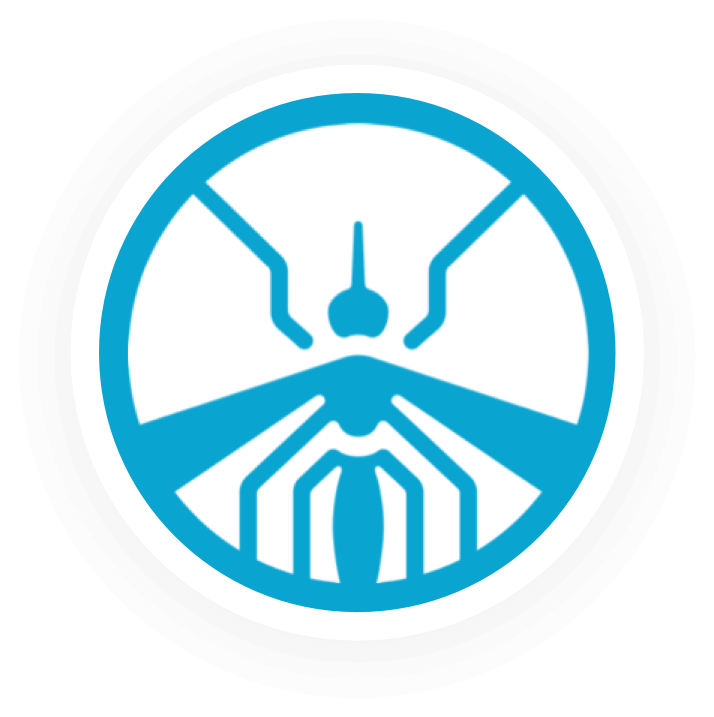The World Mosquito Program is working in Nouméa to protect communities from mosquito-borne diseases like dengue, Zika, chikungunya and yellow fever.
After conducting laboratory studies to examine the impact of Wolbachia on dengue and chikungunya viruses in Nouméa, and engaging with the community to explain our Wolbachia method and gain their acceptance, we are releasing Wolbachia mosquitoes across Nouméa.
We are also rigorously evaluating the impact of Wolbachia on the transmission of dengue and other mosquito-borne diseases in the area.


Following the signing of the project agreement in March 2018 between Monash University and the Government of New Caledonia, the City of Nouméa and the Institute Pasteur in New Caledonia, the project engaged with the community to explain how the Wolbachia method works to prevent mosquito-borne diseases.
Community engagement is an important part of the project. We needed to connect with people from a wide variety of ethnic backgrounds, experiences and ages, and ability to access information. So, we are working through different media to engage across the community.
In Nouméa, public acceptance of the project (prior to release of mosquitoes) was rated 94 per cent.
In 2019, We began releasing Wolbachia mosquitoes across the project areas and collecting data on the incidence of dengue and chikungunya in the proposed release areas.
The community has been enthusiastically supporting the project in Nouméa, with nearly 250 volunteers helping to release mosquitoes, host bug traps and promote the project.




